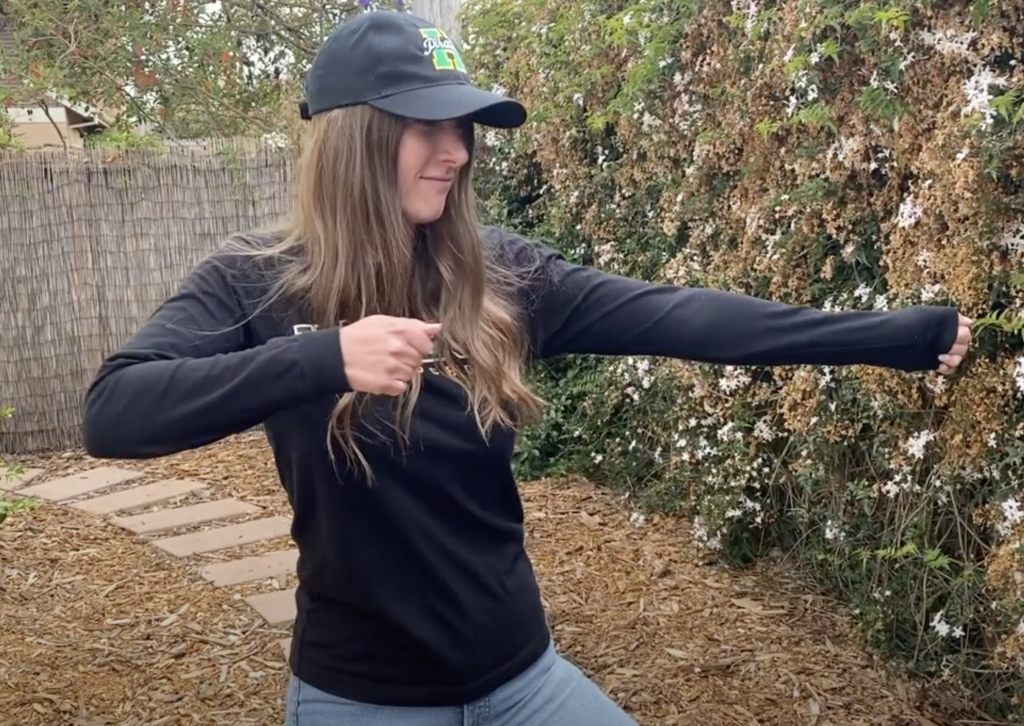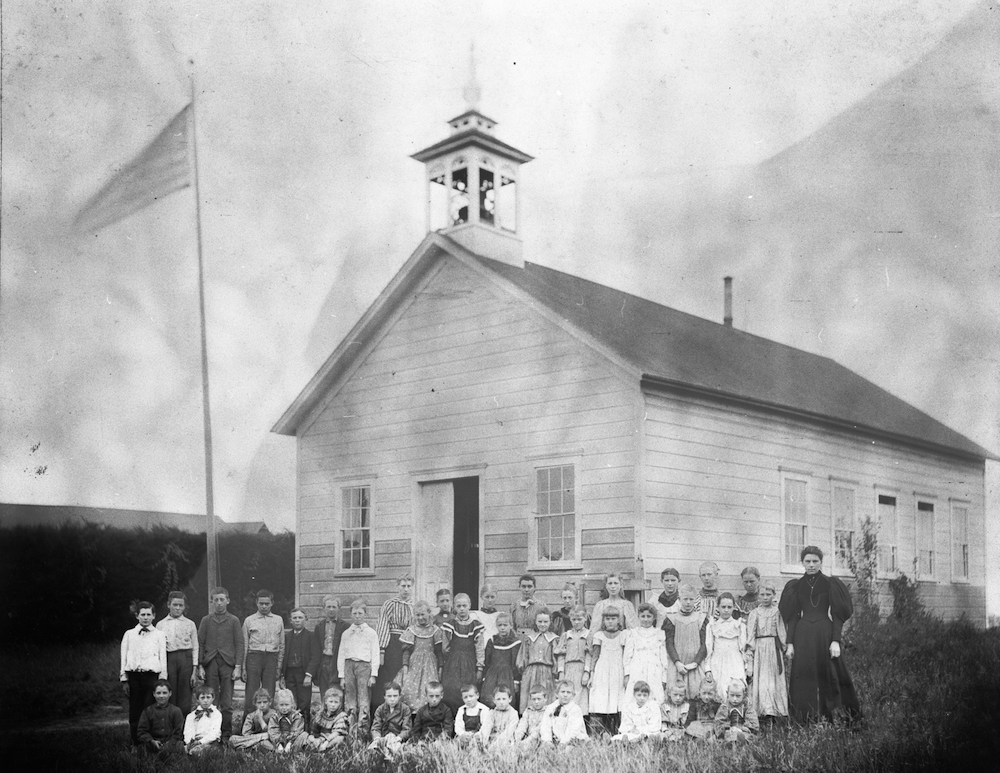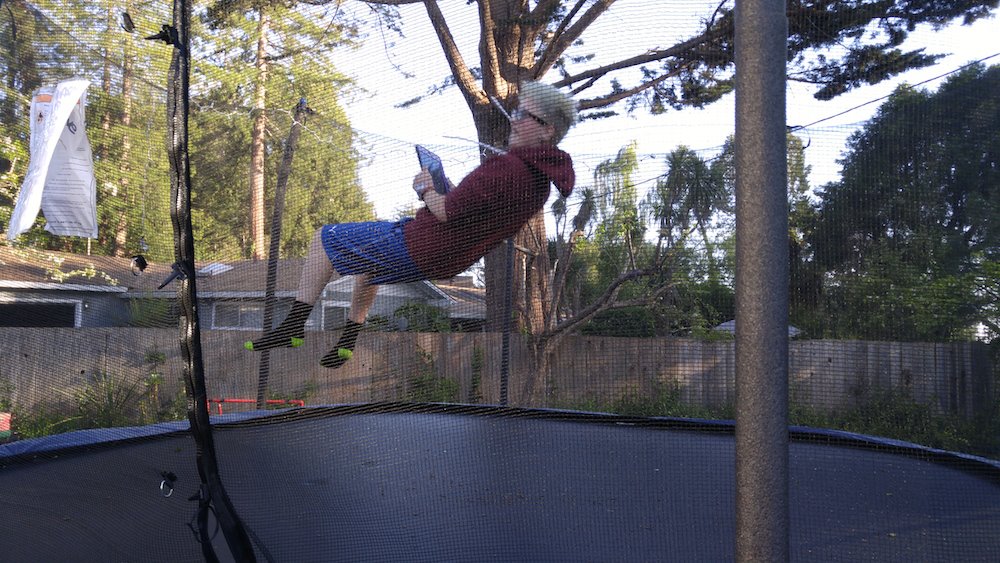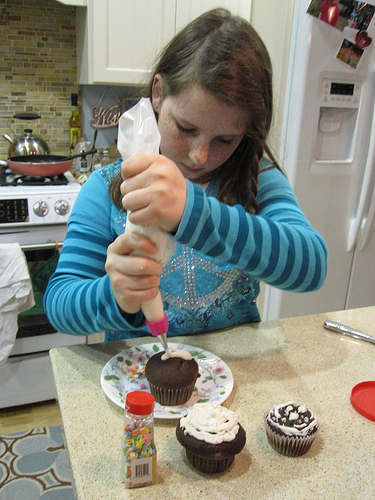…and if you don’t have any, you have to make it up for yourself!
I was reading an article in from a March New Yorker (yeah, I’m a little behind) about the opioid epidemic, and something really struck me as relevant to all of us, especially during this pandemic:
What Case and Deaton have found is that the places with a smaller fraction of the working-age population in jobs are places with higher rates of deaths of despair—and that this holds true even when you look at rates of suicide, drug overdoses, and alcohol-related liver disease separately. They all go up where joblessness does.
https://www.newyorker.com/magazine/2020/03/23/why-americans-are-dying-from-despair
The people they are referring to as “jobless” here are not people who are actively seeking employment. They are people who have given up. It turns out that the opioid epidemic is worst in places with higher rates of people who have simply given up on work.

Humans are built for meaningful work. We thrive on it. And it’s clear that “meaningful” doesn’t have to mean important, exciting, or high-status. A fellow school-mom told me that she found her job as a garbage truck driver extremely fulfilling, and I could go on and on about people I’ve met in all walks of life who found satisfaction in a job well-done—no matter what the job.
I think that this leads to an extremely important parenting issue during this pandemic:
Our kids need meaningful work
Any good teacher will tell you that their job isn’t to teach, it’s to inspire. All kids will learn if they feel that it’s the meaningful work that they are doing in their lives. Anyone can transmit information. Good teachers create an environment where learning is the job that kids are inspired to do.
But in a time of pandemic, lots of our kids are “stuck at home.” Their teachers are pixels on a screen, and now we parents are on the front line of helping them find meaning in what they are doing.

It’s a hard job! The other day I had a discussion about college during the time of Covid with my teen students, and it’s clear that this carrot that they were dangling in front of themselves is looking less like a carrot and more like an illusion, a whoopee cushion, or a relic from the past. Looking forward to college was the way they made the work they were doing feel meaningful.
Come fall, it’s going to be harder for them to find meaning in their studies. They and our younger children will all need a new way of finding pleasure in a job well done.
We ALL need meaningful work
So we parents are going to have to help inspire our kids to find meaning. But that means we have to look at our own lives and find it, too. A lot of adults out there are out of work, semi-permanently furloughed, part-time… Many of us have lost the rhythm of life that inspired us and made us feel pride in a job well done.
I’ve always felt that the number one thing parents can do for kids is to model the behavior they want to see. That means that we have to figure out a way to find meaning in what we are doing—whatever that may be.
Let’s avoid a new epidemic of despair
The New Yorker article points out that any person can become physically addicted to opioids. But the epidemic happened in places where a large amount of the people didn’t have work that gave their lives meaning.
As this pandemic runs its course, one of our jobs is to continue to be productive members of the society we live in, even if we’re stuck at home. Watching fear-mongering videos and going down Internet rabbit holes with other scared people is not going to give us what we need.
Humans need meaningful work. What does that mean to you?











